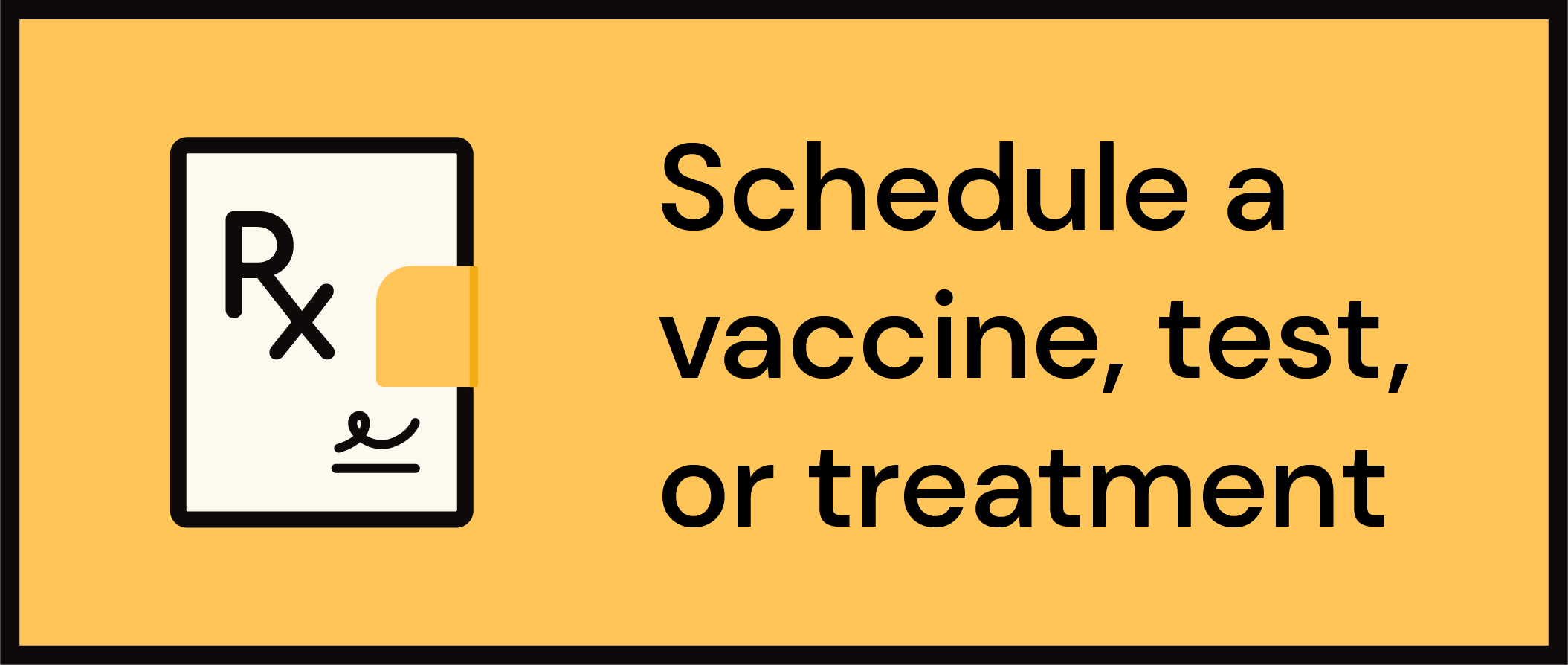Get Healthy!

- Cara Murez
- Posted February 23, 2023
Cutting Down on Social Media Brings Quick Boost to Teens' Self-Image
All those images of beautiful-looking people on social media can deflate a young person's self-image, but there may be an easy fix: limiting time spent on TikTok, Instagram and the like.
A new Canadian study finds that teens and young adults who already had symptoms of anxiety or depression and who cut their social media usage by about 50% experienced a significant improvement in how they felt about their overall appearance in just a few weeks. They also felt better about their weight.
"I don't think it completely surprised me,"said study co-author Helen Thai, a PhD student in the psychology department at McGill University in Montreal.
Past research on traditional media and the impact of unattainable beauty and body ideals has obtained similar results, Thai suggested.
"Not only are there celebrities and influencers on there, but it's also people within your social circle,"Thai said about social media, "which can make comparison a bit more easy."
The authors estimated that youth spend about six to eight hours each day on screens. A lot of that time is spent on social media sites, where they may see hundreds or thousands of images, internalizing them.
In a news release about the study, lead author Gary Goldfield, a senior scientist with the Children's Hospital of Eastern Ontario Research Institute, said that whether people who already have body and mental health issues simply spend more time on social media or whether social media leads to greater issues had not been known.
For this study, the researchers worked with 220 undergraduate students ages 17 to 25. About 76% were women, 23% men and 1% other.
Participants needed to regularly use social media for at least two hours each day on their smartphones.
"I think before asking the why, we wanted to ask who would be most vulnerable to it, and so that's specifically why we targeted youth who are at risk of body image concerns,"Thai said.
These were students who had symptoms of anxiety and depression.
Each was asked to respond to statements about their appearance, such as "I'm pretty happy about the way I look"or "I am satisfied with my weight"on a 5-point scale at the start and end of the experiment.
"Especially if you're feeling vulnerable and you don't think that great about yourself, seeing all these people who look, in your eyes, more beautiful than you or more whatever is just going to make you feel worse and worse,"said study co-author Chris Davis, a professor in the psychology department at Carleton University in Ottawa.
During the first week, all participants were asked to use social media as they typically would. A screen-time tracking program measured their usage.
After that, half were asked to use social media for no more than 60 minutes a day.
The participants who were asked to restrict their social media usage got it down to 78 minutes a day on average. The control group averaged 188 minutes daily.
After three weeks, those who reduced their social media usage had a significant improvement in how they regarded their overall appearance and body weight after the intervention, compared with the control group, which saw no significant change, the researchers said.
Nancy Mramor, a psychologist in Pittsburgh, said that when you compare yourself to others, you'll have a 50-50 chance of feeling bad about yourself. Mramor was not involved in this study.
In everything, she said, it's important to compare yourself only to yourself. That's true of social media, sports performance, academics or social standing, she said. For example, don't compare your weight to that of someone you see online but instead to what it was like for you last week.
"Focusing on your inner feeling about yourself, rather than outside images creates an opportunity to see yourself from the inside out, not just the outside. When images are not fed to you on your phone, you have a breather to notice what is important to you,"Mramor said.
For minors, the best way to limit social media is with extreme parental supervision, Mramor said. Block the sites on their phones that you think will be harmful.
For adults, Mramor said it's possible to view media carefully, but to do so consciously.
To do this, you have to take a step back from what you're viewing and ask yourself if it's making you feel anxious or upset. If you decide it's not good for you, then decide what to do about it, she said.
One solution is simple. It's exactly what the students in the study did: Cut back on the amount of time you use social media.
Davis suggested choosing what hour you'll use social media and then putting your phone down and doing something else enjoyable, such as getting together with friends.
"There's nothing like face-to-face interactions, going out and doing something with your friends to really strengthen those bonds,"Davis said.
The study findings were published Feb. 23 in the journal Psychology of Popular Media.
More information
Pew Research Center has more on teens and social media.
SOURCES: Helen Thai, PhD student, Department of Psychology, McGill University, Montreal; Chris Davis, PhD, professor, Department of Psychology, Carleton University, Ottawa, Canada; Nancy Mramor, PhD, psychologist, Pittsburgh; Psychology of Popular Media, Feb. 23, 2023








